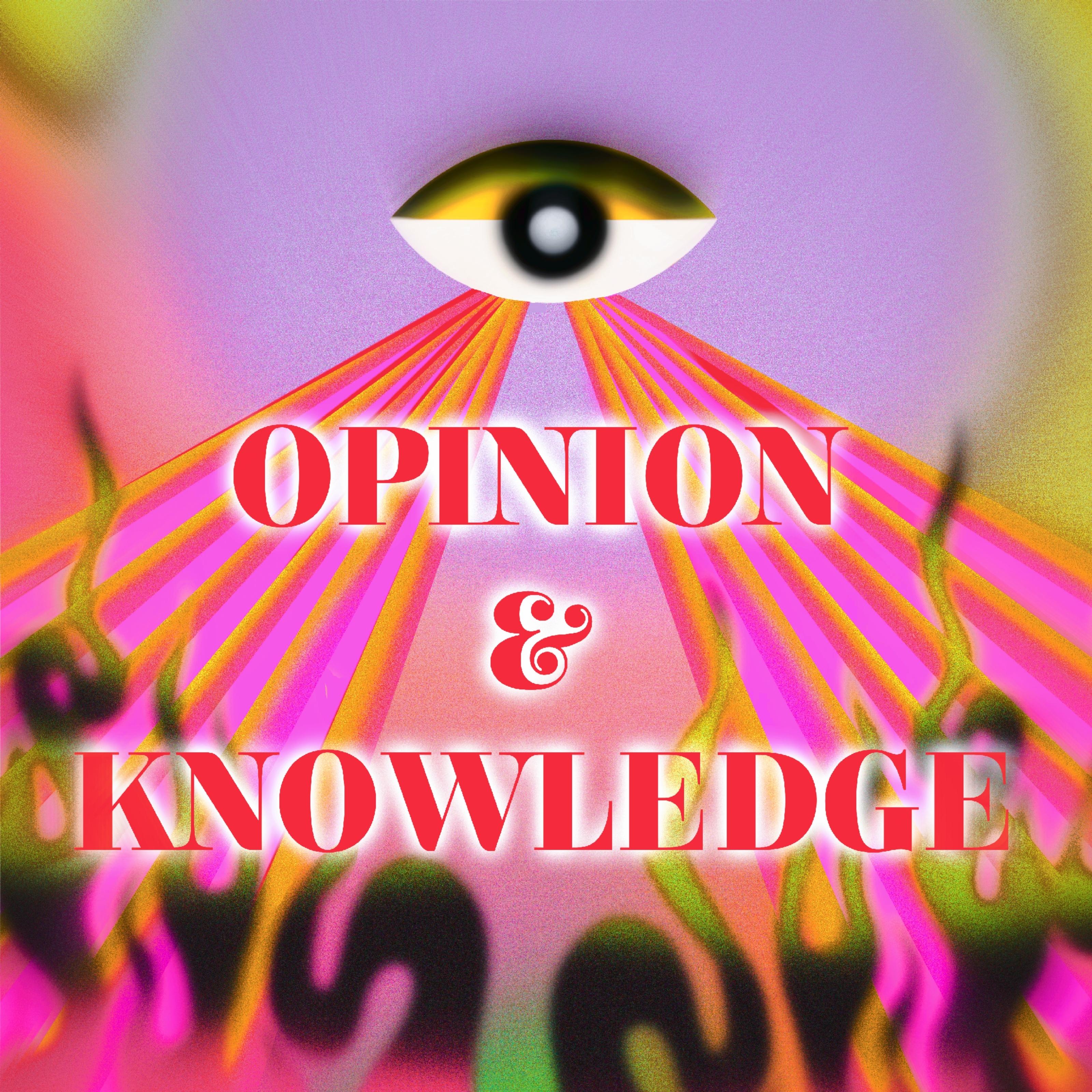
Before you start reading...
Hello and thank you for clicking on this blog post, I really appreciate it! Today I prepared a philosophical topic "Opinion and knowledge", the correlation between the two and what does opinion and knowledge mean. When you read this, please keep in mind that I have translated this through Google Translate from Serbian (because I always originally prepare blog posts in Serbian), and please feel free to fill me in if I've missed anything or wrote something wrong, I'd appreciate if you'd write a comment down below! Also if you wish to find more about how I've prepared this post, you can read the extended version that is basically unorganized and unabridged content I've got from searching on Google. So, without further ado, enjoy reading!
Opinion and knowledge
Truth is the property of being in accordance with fact or reality. Knowledge is understanding, awareness, or knowledge gained through experience, education, or learning. It includes facts, information and skills acquired over time. Knowledge derives from human cognition - process, perception, inference and understanding. Knowledge must meet the criteria of truth by conforming to theories of truth (correspondence, coherence and verification). Knowledge aims to maintain permanent truths about reality and it evolves with new evidence. Knowledge is objective because it uses logic, evidence, and universal criteria to determine reliability. Truth emerges when like-minded people agree on a given reality as things are, that's how we decide which truths we are willing to believe. But unlike truth, facts are not created, they are recognized over time based on objective measurement. Facts, like dogmas, are a set of ultimate truths, which cannot be disproved/doubting them leads to endless verification. Which leads to knowledge being backed up by truth.
An opinion is a judgment or belief that is, and need not be based on certainty or proof. Opinion also arises from human cognition. Opinions generally do not meet the criteria of theories of truth, unless they are substantiated and justified. Opinions are changeable, subject to change with new experiences, perspectives or social changes. Opinions are inherently subjective and are often influenced by individual or cultural biases. Based on the opinions we create ourselves, truths are created. When most people in a group form the same opinion, they are like-minded people who create truths based on the opinions they share together. Usually supported and justified opinions contain logic, because logical principles are an integral part of knowledge and they ensure formal correctness in reasonin. But all opinions may or may not adhere to logical principles, depending on their basis.
The connection between opinion and knowledge
The connection between opinion and knowledge lies in their shared foundation in human cognition but also in their distinct roles in understanding reality. Knowledge, as "justified true belief," relies on justification, truth, and belief, grounded in methods that aim for objectivity and verifiability. Opinion, however, is more subjective, shaped by individual or collective perspectives and emotions, and often lacks the rigorous criteria required for knowledge.
Cognition as a basis - Both opinion and knowledge emerge from human cognition—the processes of perceiving, reasoning, and understanding. While opinions are immediate value judgments or interpretations, knowledge requires systematic validation through sensory experience, reason, or intuition.
Truth and justification - Knowledge must meet the criteria of truth, aligning with theories like correspondence (truth matches reality), coherence (truth aligns with established beliefs), and verification (truth can be tested). Opinions, while potentially based on facts, do not inherently meet these criteria unless substantiated and justified.
Permanence versus changeability - Knowledge aims to reflect enduring truths about reality, even if it evolves with new evidence. In contrast, opinions are more fluid, subject to change with new experiences, perspectives, or societal shifts.
Subjectivity and objectivity - Opinions are inherently subjective and often influenced by individual or cultural biases. Knowledge strives for objectivity, using logic, evidence, and universal criteria to establish reliability.
Role of logic and reasoning - Logical principles (e.g., non-contradiction, identity) are integral to knowledge, ensuring formal correctness in reasoning. Opinions may or may not adhere to these principles, depending on their foundation.
Truth and belief - The truthfulness of an opinion depends on its alignment with facts and established truths. However, deep commitment to an opinion does not guarantee its correctness, unlike knowledge, which requires objective validation.
Opinions can lead to knowledge if they are scrutinized and tested against objective criteria and evidence. However, without this transformation through justification and alignment with truth, opinions remain distinct from knowledge. Conversely, knowledge often begins with opinions or hypotheses, refined and validated through systematic inquiry.